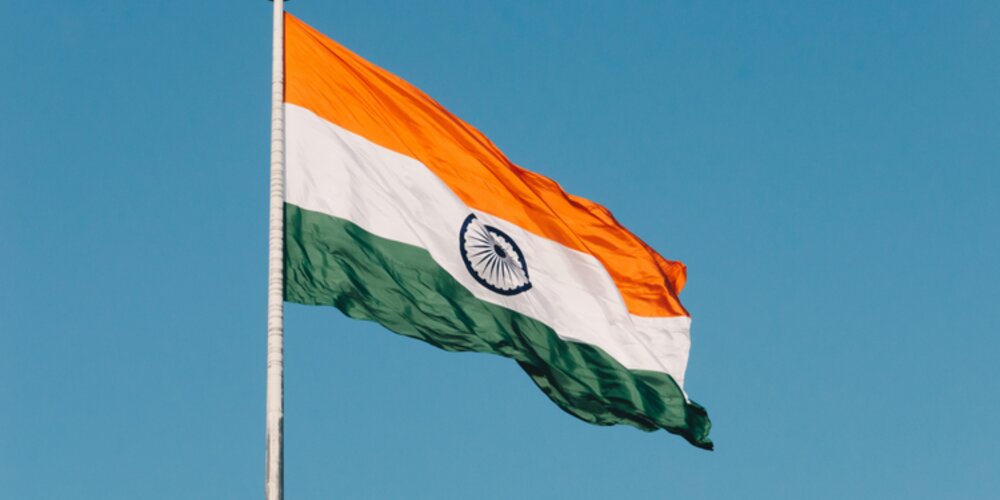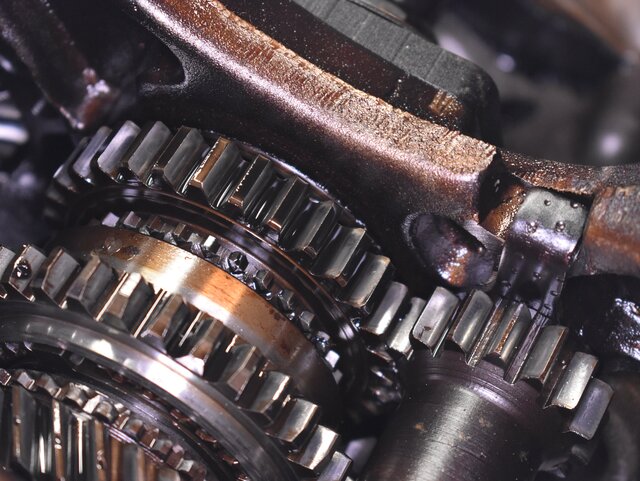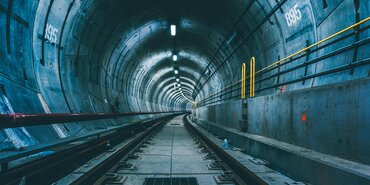India Encourages Foreign Investment in Maritime Infrastructure with Tax Breaks and Green Ports

India has presented a compelling investment proposition for the international maritime community, with a package of fiscal incentives and strategic infrastructure initiatives unveiled at a high-profile event in London.
Speaking at the “India Maritime Investment Meet” hosted at India House, Secretary of the Ministry of Ports, Shipping and Waterways, Shri T.K. Ramachandran, outlined India’s bid to position itself as a global maritime hub.
With 100% foreign direct investment (FDI) permitted under the automatic route in both shipping and shipbuilding, Ramachandran pointed out that India offers unparalleled access and favourable conditions for foreign capital.
Key incentives include a 10-year tax holiday for maritime businesses, zero Goods and Services Tax (GST) on ship imports, and exemption from withholding tax on shipping-related transactions. These benefits are further bolstered by India’s dedicated maritime financing ecosystem at the International Financial Services Centre (IFSC) in GIFT City.
India has become the world’s fourth-largest economy, exceeding $4 trillion, and foreign investment continues to rise.
India’s maritime growth plan centres on the expansion and modernisation of its port network. Current cargo handling capacity of 2,760 million tonnes per annum (MTPA) is targeted to reach 3,500 MTPA by 2030, and an ambitious 10,000 MTPA by 2047. This will be supported through public-private partnerships aimed at increasing efficiency and global competitiveness.
Sustainability featured prominently in the address, with green shipping and shipbuilding described as “central pillars” of India’s maritime strategy. Ramachandran highlighted the development of three Green Hydrogen Hub Ports, at Deendayal, Chidambarnar and Paradip, as well as the launch of the Green Tug Transition Programme as key milestones in decarbonising the sector.
India is also driving forward a programme of maritime digitalisation, including the Maritime Single Window, the One Nation-One Port Process (ONOP), and the MAITRI virtual trade corridor for IMEEC countries. These initiatives aim to reduce transaction costs and improve transparency across the logistics chain.
India’s shipbuilding rank has climbed from 23rd to 16th globally, with new policies such as the Maritime Development Fund and specialised shipbuilding clusters attracting strong interest from international stakeholders.
As global shipping realigns toward low-carbon, tech-enabled infrastructure, India’s offering may provide strategic opportunity for investors seeking to expand their footprint across South Asia and the broader Indo-Pacific region.
Neale Consulting marine engineering services
The maritime industry uses a wide range of machinery, components, and assets, meaning there are numerous moving parts that can all be subject to damage, friction, wear, and failure.
Whether you want to proactively apply engineering best practices, or require the investigation of a machinery failure, choose Neale Consulting Engineers.
To learn more about how Neale Consulting Engineers can assist with marine engineering and mechanical failure services, get in touch today.
Contact Neale Consulting Engineers today
- Date
- 11/09/2025





